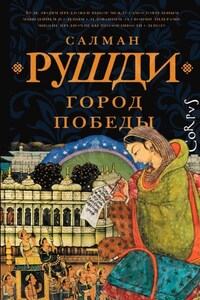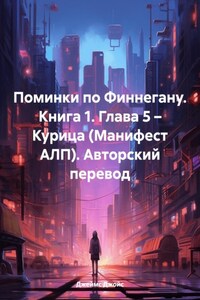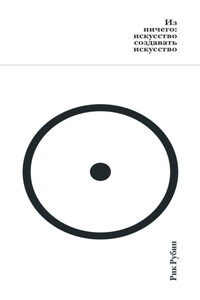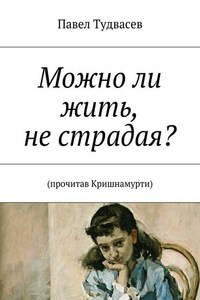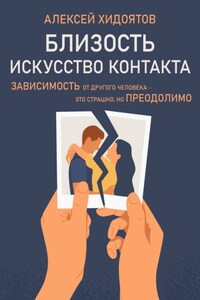Mia saw him for the first time in London and at once realized the truth of the phrase, ‘not being able to believe one’s eyes’. He reminded her eerily of her father’s painting. He was a replica. A colour facsimile. A 3D projection of the man from the painting. A painting that had hung in her room for as long as she could remember. She frowned and looked again. Yes, unmistakably him. The man from the painting had leapt out of the canvas and walked into her life and the impossible had occurred as easily and as ordinarily as taking a train to work.
She stared around and upwards. Boundless city, once on the frontlines of the Luftwaffe, now swarming with nations, religions, sexualities. And miracles. Yet for her the city had become remote. She felt excluded from it, as if the drunks sleeping in hotel doorways along the Strand were trying to trip her up as she passed. Bankers, lunchtime joggers, newly arrived Serbs, blues guitarists and students from the Czech Republic shouldered past. She felt far removed, sitting alone on a high wall from which she couldn’t climb down. She was at once over-excited and bored, liable to burst into tears even at advertising jingles, sometimes wanting to fade out from the world, other times wanting to courageously lead it.
‘A rapidly alternating state of sorrow and elation is often believed to be one of the first symptoms of hyperactive psychosis.’ The Drama of Depression by T. Rosenthal and M.O. Silver, M.D., a book she had been reading on the advice of a colleague.
She had recently moved back into her parents’ nineteenth century, white, stucco-fronted flat in Belsize Park from her own apartment in Putney. She worked for a satellite television channel called SkyVision where the purple and pink studio sofas reminded her how unhappy reunited families could be.
She tried to find the sun but it was only a vague outline through the clouds. Every evening she watched the faces on the Northern Line and wondered why everyone wasn’ t protesting aloud that the sun should be more responsive to consumer demand; that by not providing adequate amounts of sunshine it was artificially driving up its own price.
Her parents’ apartment looked out onto a cherry tree and it was only a five-minute walk to the Eagle And Flag. After her father’s recent suicide, damp faces had begun to grimace through the wallpaper. His ghost lived on in the odour of oil-paint-and-turpentine that hung about the rooms.
But now, as if to compensate for his death, her father’s painting had come alive in front of her eyes.
The painting had appeared in Hyde Park. Clothed in white, mystic, wonderful. Ebony skin rose out of his white clothes like granite crags in a landscape of snow. Under a thick beard and bushy, shoulder-length hair she sensed a careless slant of cheekbone and a thin line of jaw. He wore small round glasses. Windswept. Windblown. Someone who looked as if had recently touched down on earth. Perhaps he wasn’t real and she was hallucinating. Her brain had registered something other than the physical reality – the way she had recently mistaken a stranger for a neighbour who, she had known, was long dead.


